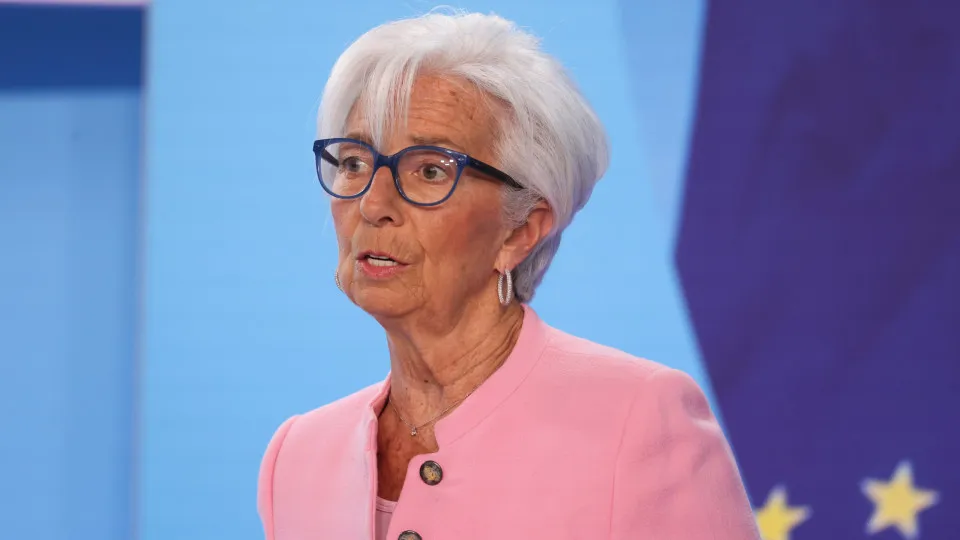
Portuguese President Marcelo Rebelo de Sousa has announced the enactment of the decree passed by the Assembly of the Republic, authorizing the government to amend various provisions of the Special Consumption Tax Code (IEC), which is attached to Decree-Law No. 73/2010, dated June 21.
The decree was approved in Parliament on September 19 across all stages: generality, specialty, and final vote, with affirmative votes from PSD, CDS-PP, Chega, Livre, PAN, and JPP, while PS, IL, and PCP abstained.
As explained in the approved initiative, several provisions regarding the circulation of goods subject to special consumption taxes will be adjusted to comply with Directive (EU) 2020/262, dated December 19, 2019.
The decree also introduces exemptions from the tax on alcohol and alcoholic beverages, in accordance with Directive (EU) 2020/1151, dated July 29, 2020.
Finally, there will be a modification to the definition of ‘still wine,’ aligning it with the concept defined in Directive 92/83/EEC, which was amended by Directive 2020/1151.
The executive led by Luís Montenegro (PSD/CDS-PP) notes in the explanatory preamble that special consumption taxes are harmonized under European law. This requires the incorporation of the directives that govern their common application into Portuguese law. This was undertaken by the Assembly of the Republic upon the government’s proposal.
Fiscal regulation is usually reserved for parliamentary competence, leading governments to present legislative proposals that directly alter fiscal codes.
In this instance, the parliament approved a legislative authorization, allowing the government to amend the IEC Code according to its anticipations. Hence, the decree includes an authorized decree-law presenting the code’s amendments.
Portugal had already partially incorporated the two directives, but “some provisions” remained pending, according to the government’s explanatory statement for the proposal, dated July 31.




